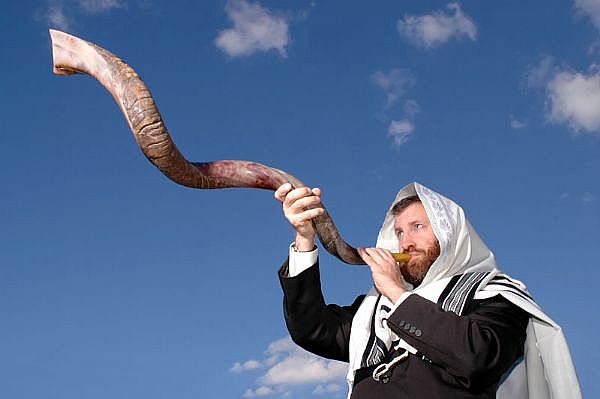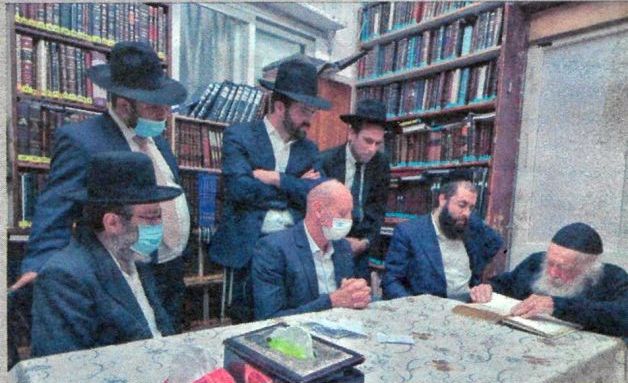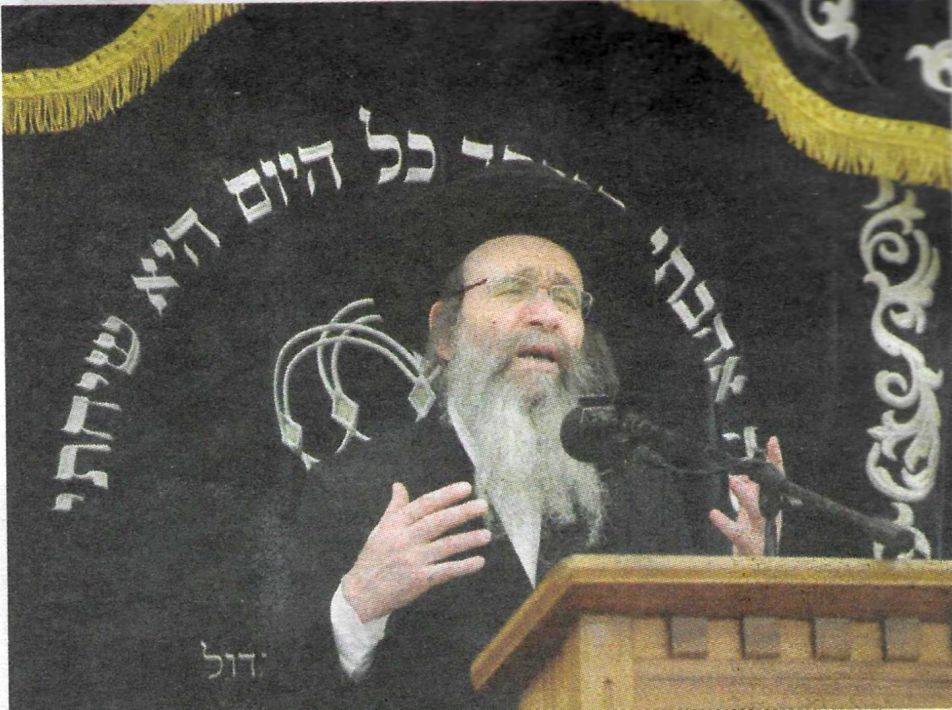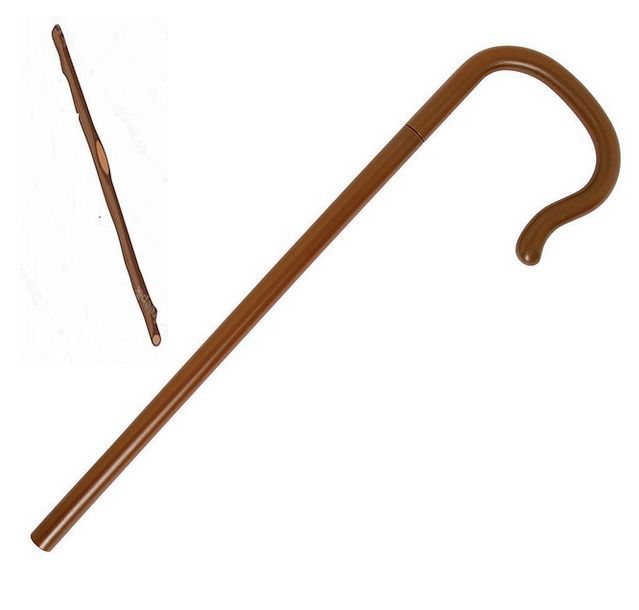| |

This Google Custom Search looks only
in this website.
The Chinuch Atzmai School Year Begins
Professional briefing sessions preceded the school year, in which the Chinuch Atzmai administration and the supervision over the schools for the upcoming years dealt with revitalizing the teaching and administrative staffs of the various schools and increasing their numbers where necessary in light of the blessed growth. This was shown with the number of 117,000 students.
Programs were solidified to reflect the scholastic issues of the previous school year due to the Corona lockdowns, quarantines and interruptions forced upon the students.

HaRav Binyomin Finkel's Message for the New Year
We are already two weeks into Elul, the month of mercy, the days where the prayer-wish is that "Your right hand be outstretched to receive the penitent." Our task during this period is to bear in mind and realize: "Let us scrutinize our way and inspect."
These were the opening words of HaRav Binyomin Finkel. Klal Yisroel truly feels an arousal in this month but the evil inclination throttles our hearts.
We are familiar with the words of HaRav Yisroel Salanter regarding the fear and awe of the month of Elul. We must couple the fear of the judgment with the hope of being acquitted in that judgment. But certainly we must not approach these days with indifference, he writes in a letter. Rather, we must examine in depth the import of that judgment.
Let us contemplate how many of us were healthy last Rosh Hashonoh, while today they are ailing and suffering. Indeed, how many are no longer with us. While we must not dwell overly on the harsh facts, yet, still we must register them and be aroused, rather than dismiss them coolly. One who lives with indifference is showing a lack of emunah.

"Your Rod and Your Staff - They Shall Comfort Me"
A series of articled discussing the meaning and context of personal suffering in life, originally published in 1992-5752.
Sins Are the Source of All Suffering
The Ponovezher Rav addressed the closing session of the Knessia Gedola that took place in 1937 in Marienbad. His moving words were recorded in Lekach Tov:
"Fire once broke out in a home where a man lay sleeping. The flames raged all about, but he slept on. Neighbors attempted to remove him together with his bed, but failing in this, they took up axes and sledgehammers and began demolishing the doorposts to widen the exit. Along came a wise man and asked what was going on. When he understood what they were doing, he cried, `You fools! Instead of wasting precious time in widening the doorway, why don't you wake the man up! Tell him to get on his own feet and escape the burning house!'

* * *
|
From Our Archives |
|
Don't Cast Me Off -- in Old Age
adapted from a story by Sara Potash
Dina sauntered down the street, delighting in the sight of the dancing sunbeams which burnished the leaves of the trees. "Ah, what bliss," she sighed. "Hashem's world is so beautiful!"
The mood did not last long, however. A disconcerting feeling overcame her and the dilemma which had been disturbing her for nearly two months surfaced again to dampen her elated mood.
From the time her young brother, Motty, had called her eight weeks before, she had known very little repose. Of course, she was happy that Motty was getting married, but his request still weighed heavily on her heart.
"Kol hakovod to Motty," she mused as the sunbeams continued to caper before her eyes. "He deserves credit for having taken care of Abba all these years while I was only able to visit once a fortnight. If I had lived closer to them, I would surely have come more often. But what could I do? Motty is absolutely justified in asking me to take over now. He's about to be married and has a million things on his head. Besides, one can't expect newlyweds to take in an old man. Yet how can I cope with such a burden? My apartment is so small and my family, so large. I'm afraid I'll just fall apart!"
|
Where is Yossele? -- The Story of one of the Social Fires of the Fifties
by B. Rom
A Shabbos night in Haifa in the year 5720 (1960). Rav Sholom Schwadron returns from the beis knesses where he was learning after the seudah, to the home where he is staying as a guest.
Rav Sholom is absorbed in his thoughts. All is dark and quiet. Suddenly a chilling cry shatters the night air: "Where is Yossele?! (Eifoh Yossele?)" Out of the darkness emerge several 18-year- old boys who had been lounging around. "Where is Yossele?!" they all chime in.
They were sure they would encounter an old man trembling with fear, but Rav Sholom was undaunted. He motioned for them to draw near and they stepped forward in astonishment, not speaking a word. A tense silence pervaded the dark street. Rav Sholom turned to them and said, "Did you call out to me, `Where is Yossele?' "
"Yeah, that's right!" they answered in unison.
"Do you mean to say I am a thief and a killer?" asked Rav Sholom.
"Yeah, absolutely!" they said, echoing the widespread public sentiments of the time.
*
Born in Russia to Alter and Ida Schuchmacher, Yossele was raised from birth in the home of his maternal grandparents, R' Nachman and Miriam Shtarks. After years of suffering under Soviet Communism the Shtarks left the Soviet `paradise' and moved to Yerushalayim with their 19-year-old son Sholom. Three months later the Schuchmachers followed with their 10- year-old daughter Tzinoh and her brother Yossele, then five.
|
|
POPULAR
EDITORIALS
These links were fixed, Tammuz 5781
|






.jpg)



